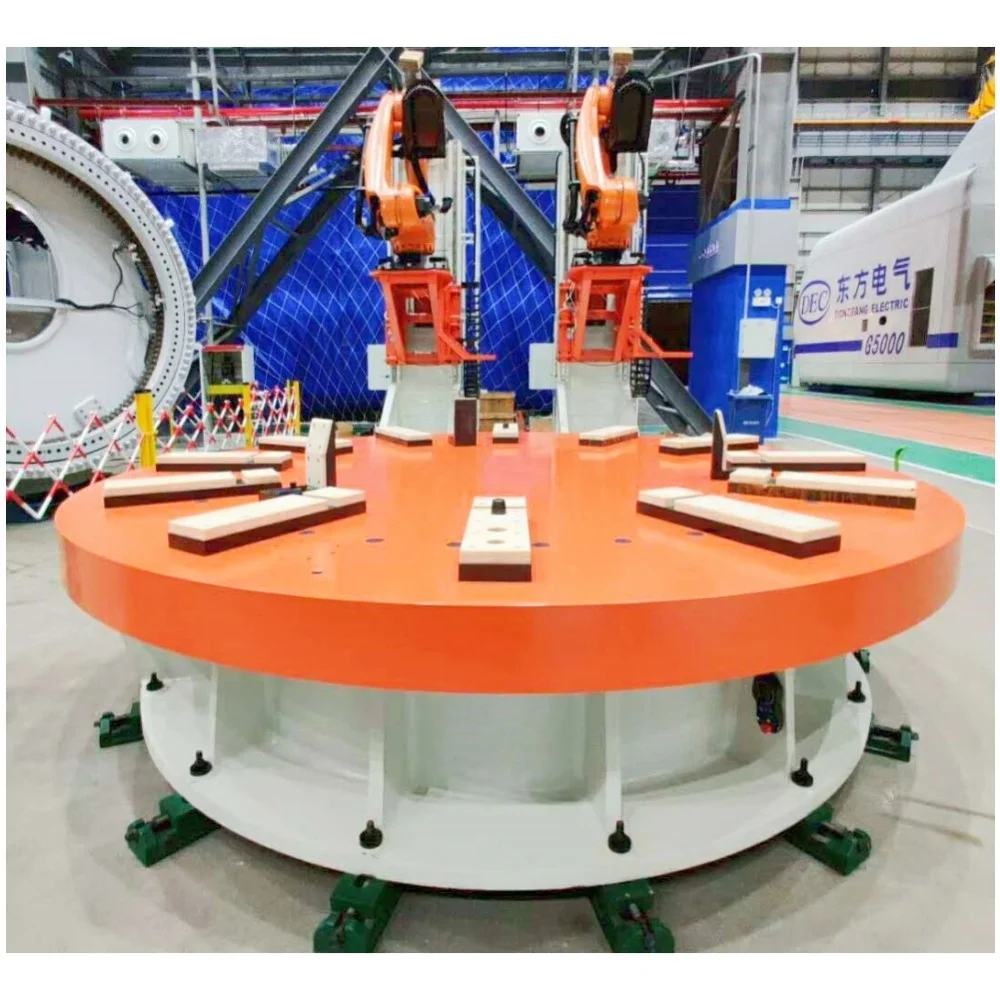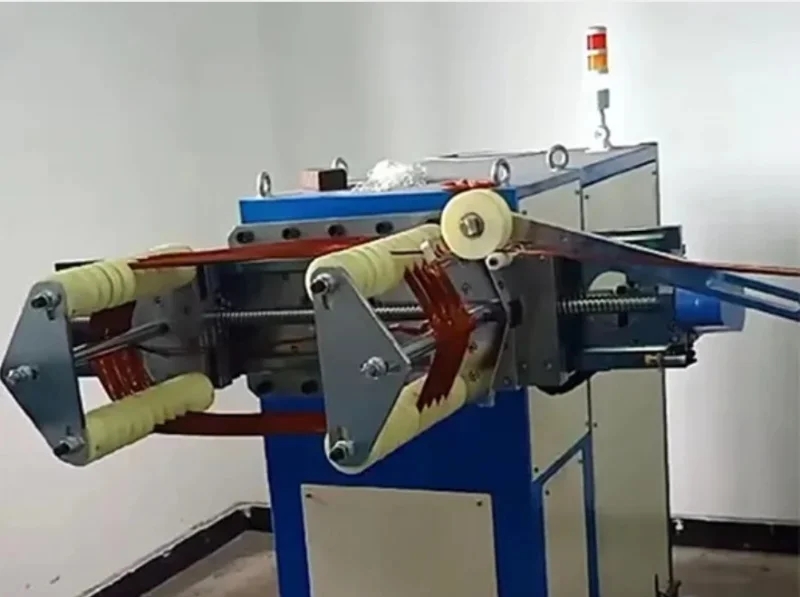
Ayoung health visitor bringing breakfast to a sick senior woman lying in bed at home.
Dementia, a progressive disorder that affects cognitive abilities, often presents a challenging journey for both patients and their caregivers. As dementia progresses, it's crucial to understand the stage of the disease to ensure appropriate care and support. But how do you know what stage of dementia you have? This blog delves into the complexities of dementia staging, providing practical insights and professional guidance.
The Stages of Dementia: A Brief Overview
Dementia staging helps to categorize the severity of cognitive decline and associated symptoms. While there are multiple staging systems, the most widely used is the Global Deterioration Scale (GDS). It ranges from Stage 1 (no cognitive decline) to Stage 7 (severe cognitive decline with complete dependence). Stages 3 to 6 are typically associated with dementia.
Assessing Your Dementia Stage
Determining your dementia stage involves a comprehensive evaluation by a healthcare professional. This assessment typically includes:
Neuropsychological Testing: A battery of tests to assess various cognitive domains like memory, language, and executive function.
Medical History and Physical Exam: To rule out other potential causes of cognitive decline and assess overall health.
Functional Assessment: Evaluation of daily living skills and activities of daily living (ADLs).
Understanding the Stages
Early Stage (Mild Dementia): Characterized by mild memory loss, difficulties with planning and organizing, and minor changes in personality or behavior.
Middle Stage (Moderate Dementia): Marked by more significant memory loss, difficulties with problem-solving and decision-making, and more pronounced changes in personality or behavior.
Late Stage (Severe Dementia): Features severe memory loss, difficulties with communication, and significant limitations in ADLs.
Practical Tips for Managing Dementia
Knowing your dementia stage can help you and your caregivers plan for the future. Here are some practical tips:
Seek Professional Help: Work closely with healthcare providers to understand your condition and develop a personalized care plan.
Stay Active and Engaged: Participate in cognitive activities, physical exercises, and social interactions to maintain brain health and delay disease progression.
Create a Support System: Surround yourself with family, friends, and community resources to ensure emotional and practical support.
Utilize Technology: Use tools like reminder apps, GPS trackers, and communication devices to aid in daily living and improve safety.
Conclusion
Understanding your dementia stage is an important step in managing the disease. By seeking professional help, staying active, creating a support system, and utilizing technology, you can navigate this complex journey with greater ease. Remember, dementia is a progressive disease, and your stage may change over time. It's essential to stay updated with your condition and adjust your care plan accordingly.





